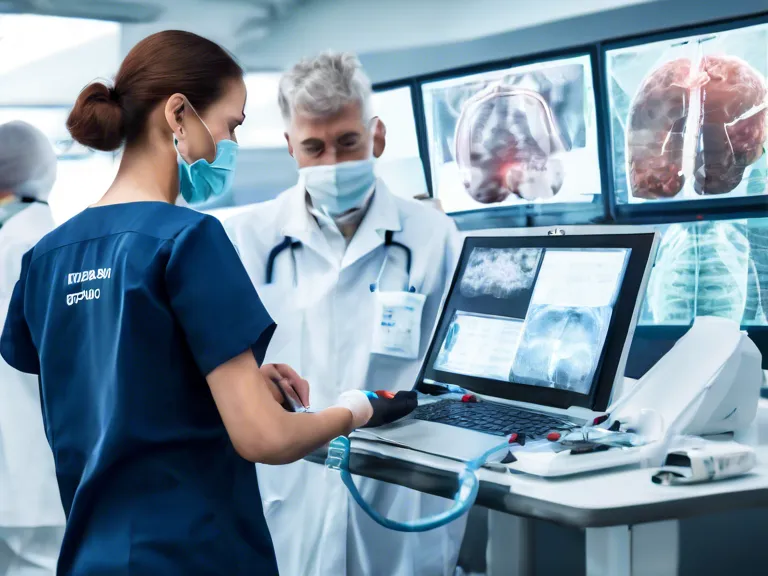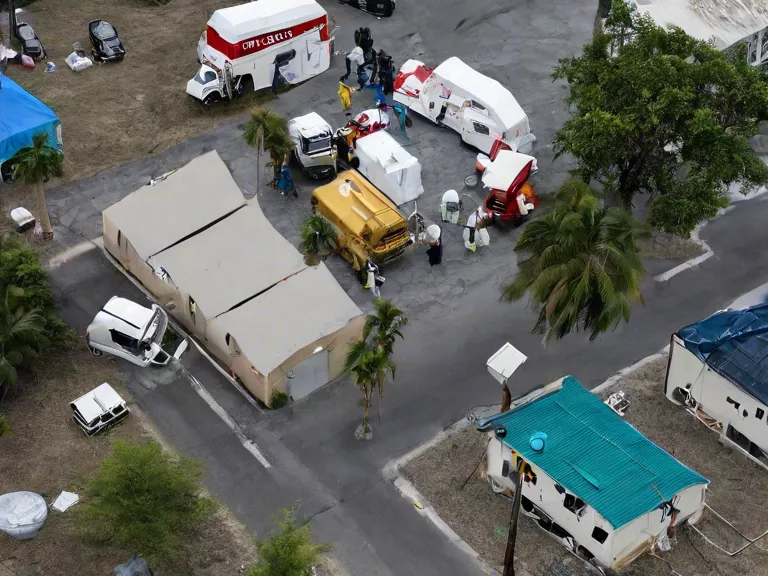
Innovative Health Technologies for Emergency Response and Recovery
In today's fast-paced world, emergency situations can strike at any moment, whether it be a natural disaster, a mass casualty event, or a public health crisis. When faced with such emergencies, it is crucial for healthcare providers to have access to innovative technologies that can aid in their response and recovery efforts.
One such technology is telemedicine, which allows for remote patient monitoring and consultation. During emergencies, telemedicine can be especially useful in providing medical care to individuals who may not be able to physically access a healthcare facility. This technology is also invaluable in enabling healthcare providers to communicate and collaborate effectively, even across vast distances.
Another essential health technology for emergency response and recovery is mobile health applications. These apps can provide vital information to individuals during emergencies, such as where to find medical facilities, how to perform basic first aid, and what steps to take in case of a medical emergency. Additionally, mobile health apps can help healthcare providers track the spread of diseases and manage patient care more efficiently.
Furthermore, the use of wearables and sensors in emergency situations can greatly enhance response efforts. These devices can monitor vital signs, track the location of individuals in distress, and provide valuable data to healthcare providers in real-time. By leveraging wearables and sensors, emergency responders can quickly assess the situation and provide the necessary care to those in need.
Finally, artificial intelligence (AI) has emerged as a powerful tool in emergency healthcare. AI algorithms can analyze large amounts of data to predict and prevent emergencies, automate medical processes, and improve decision-making by healthcare providers. By harnessing the power of AI, emergency response and recovery efforts can be significantly enhanced.
In conclusion, the integration of innovative health technologies into emergency response and recovery efforts is essential for ensuring the best possible outcomes for patients in crisis situations. By leveraging telemedicine, mobile health apps, wearables, sensors, and AI, healthcare providers can deliver efficient and effective care to individuals in need, ultimately saving lives and mitigating the impact of emergencies.



